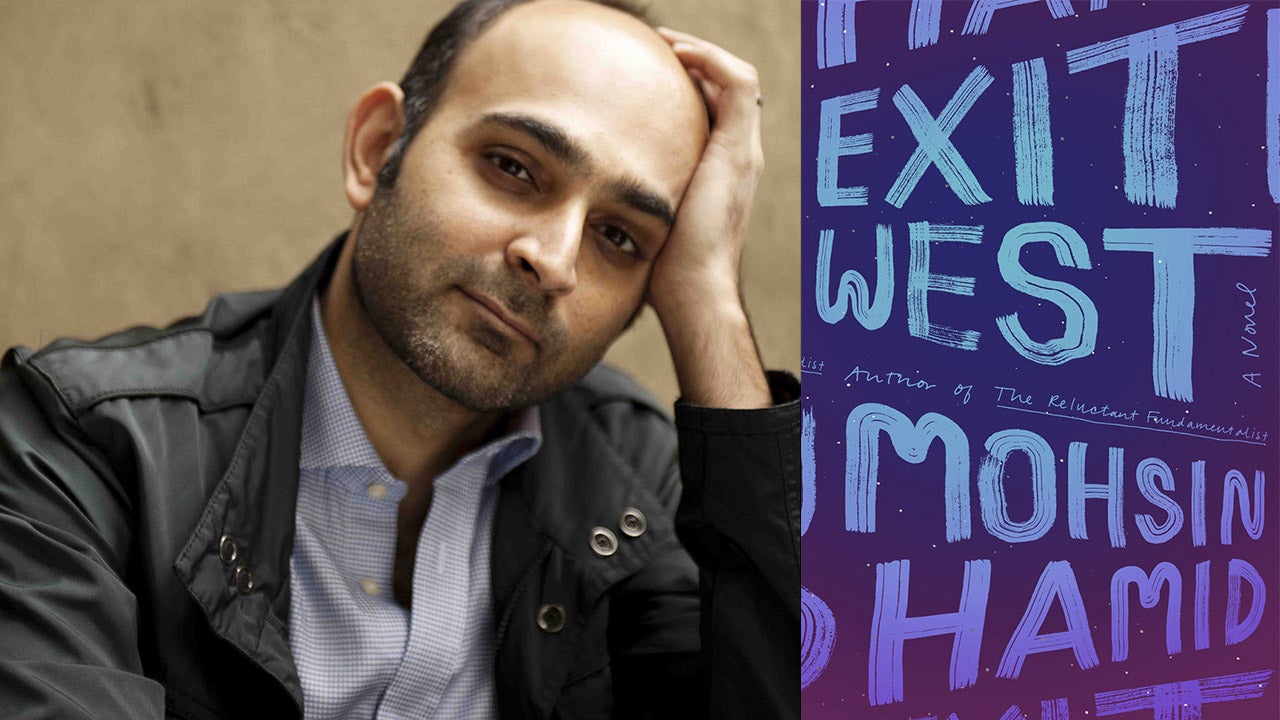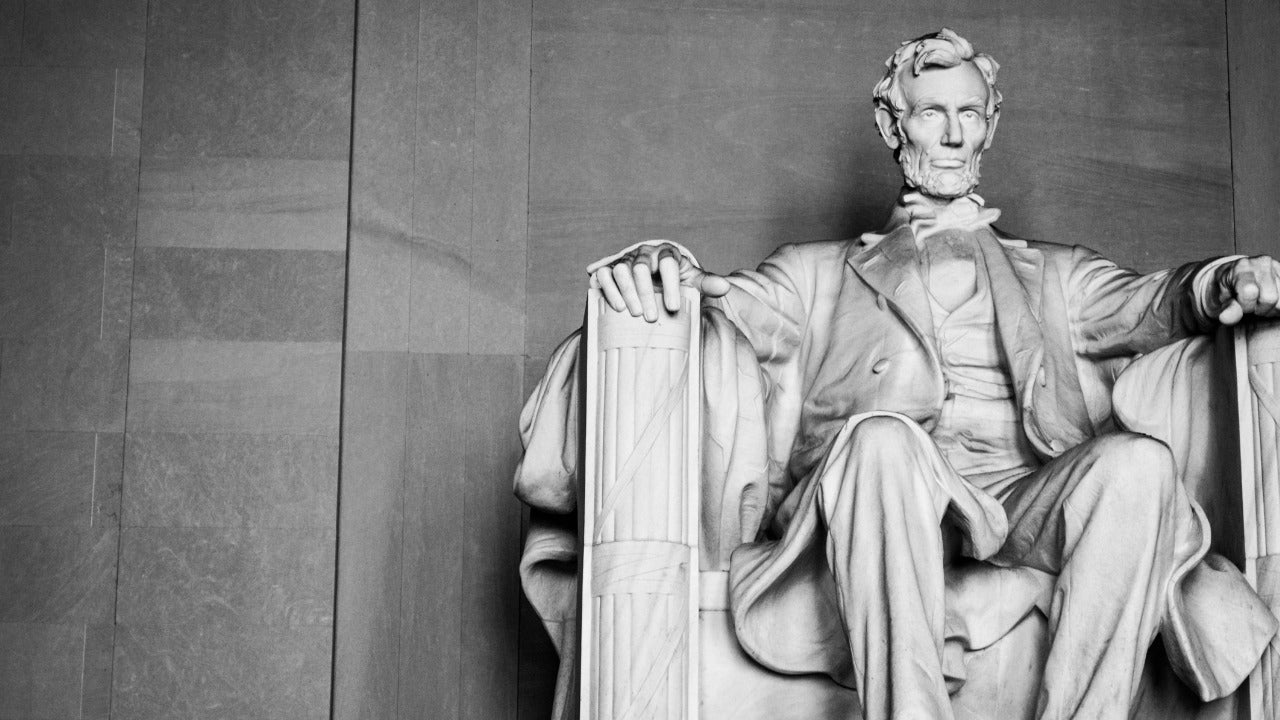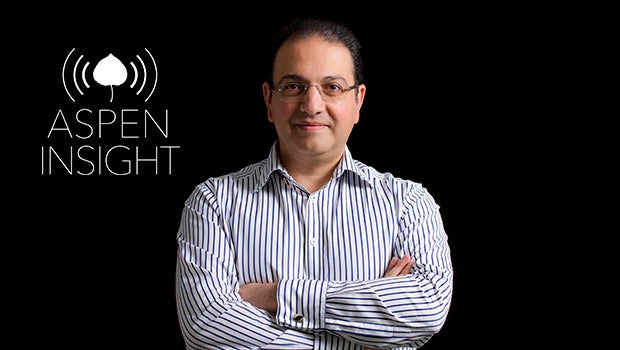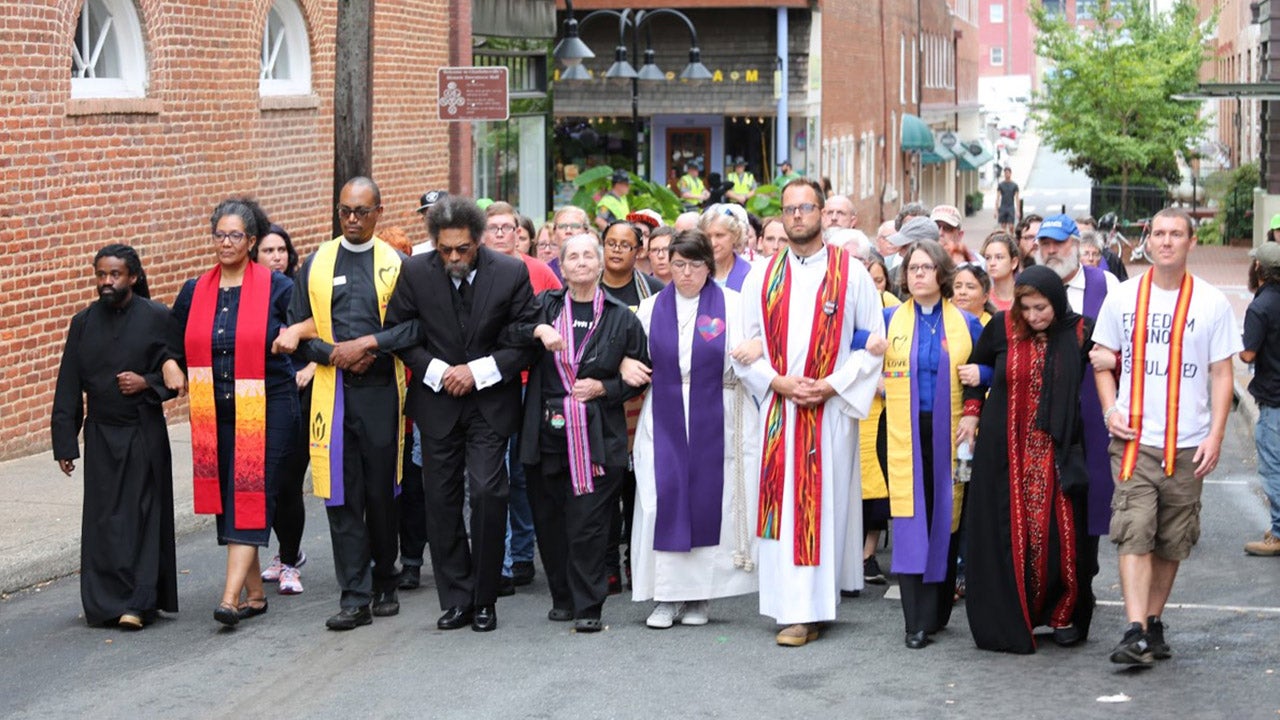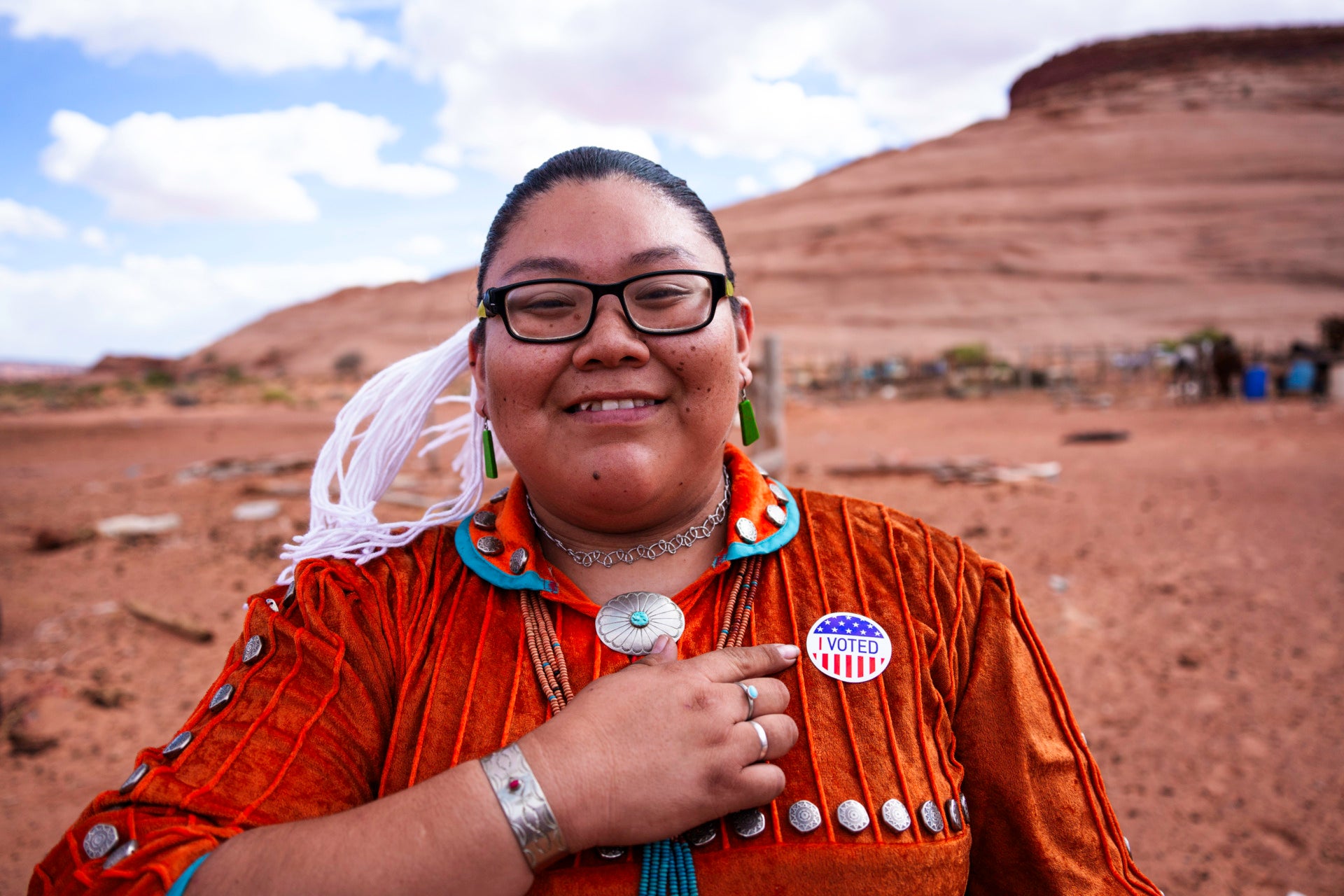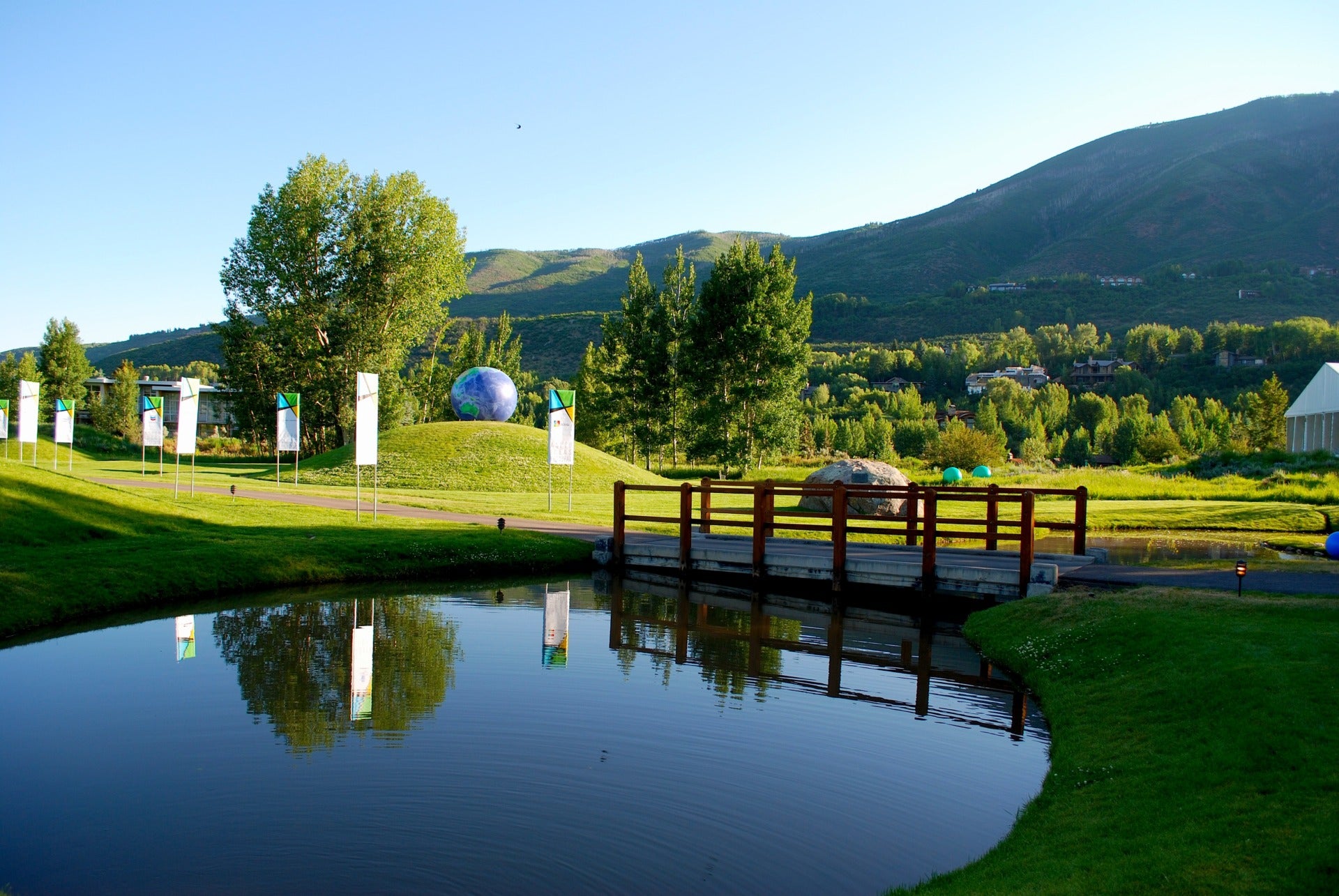As you’re writing your list of New Year’s resolutions, consider the lessons imparted this past year by speakers and thinkers at the Aspen Institute. Their insightful experiences in life, leadership, and social change are worth remembering well past 2019.
Confront xenophobia through literature
Mohsin Hamid won the inaugural Aspen Words Literary Prize for his novel Exit West. The award, one of the largest literary prizes in the United States, honors a work of fiction that illuminates a vital contemporary issue and demonstrates the transformative power of literature on thought and culture. Hamid’s beautifully crafted novel makes his readers confront the refugee crisis. He imagines a world in which a narrow isolationism becomes untenable, and the global community must find a more just way of welcoming the displaced.
When in doubt, keep running
Track legend Jackie Joyner-Kersee returned to her hometown of East St. Louis to help uplift a new generation of scholars and athletes. Her foundation serves at-risk youth by teaching them the value of teamwork through academics and sport. What’s at the heart of Joyner-Kersee’s motivation? “I want them to really know that I walked the same streets,” she told the audience at this year’s Project Play Summit. “The impossible is probable.”
Learn from the country’s former leaders…
Empathy, resilience, listening skills, humility, and self-reflection are some of the most important qualities found in good leaders, according to historian Doris Kearns Goodwin. She spoke about her recent work Leadership in Turbulent Times and the US presidents who inspired it in a far-reaching conversation at an Alma and Joseph Gildenhorn Book Series event.
…as well as the newest Americans
The Citizenship and American Identity Program asks people around the country to create a list of 10 things every American should know. Responses range from the Gettysburg Address to the need for personal space. In this video, the program shares the perspective of four immigrants who are part of the American story. Abel Nuñez, executive director of the Central American Resource Center, reminds us that it’s not just about newcomers. “It’s about those who have lived here,” he said. “What are the things we need to know as Americans? What binds us together?”
Teach tolerance (and unlearn intolerance)
Mehrdad Baghai spent his childhood in hostile territory as a member of the Baha’i faith, an oppressed religious minority in Iran. His project, “High Resolves,” a global initiative that teaches students to confront intolerance, earned this year’s John P. McNulty Prize. “You’re not born hateful. You’re not born a racist. You’re not born thinking that someone with a different skin color or set of beliefs, is inferior to you,” he explained on a recent episode of Aspen Insight. “You learn that. And if you can learn it, you can unlearn it.”
Keep social movements inclusive
The #MeToo moment will be for nothing if we do not ensure that the change underway extends to all women, warned Fatima Goss Graves, president and CEO of the National Women’s Law Center. Including those voices often forgotten when thinking about big-picture issues will require a closer look at economic justice— including how the wage gap uniquely impacts women of color.
Make your voice heard
“You are trying to get something to work in this messy, complicated, multi-institutional body called the law — and we’re not always going to agree,” said Associate Supreme Court Justice Stephen Breyer, about the Court’s deliberative process. At a McCloskey Speaker Series event in conversation with 1A host Joshua Johnson, Breyer suggested those who disagree with governmental policy take action by showing up at the ballot box.
Fight for better health care
What makes the challenges of America’s health care system so unique? The problem isn’t just high costs, but the kinds of treatment we use. This isn’t exclusive to America. According to physician and author Atul Gawande, “Health care is crap everywhere.” Globally, 1 billion people have high blood pressure, and despite the relatively inexpensive treatment, only 14 percent of people have it under control. In addition to prices and administrative costs, “it’s the wrong treatment.”
Stand with people of all faiths
Religious allyship is necessary to combat the surge of hate crimes facing minority groups and pave the way for an increasingly diverse America. Pluralism in Peril, a report by the Inclusive America Project, collected essays exploring how the US can embrace people of all faith backgrounds. It offers action steps to build resilient, inclusive communities. “It’s not enough that we just exist in diversity around us,” said project director Zeenat Rahman. “We actually need to get to know our shared values and respect our differences.”
